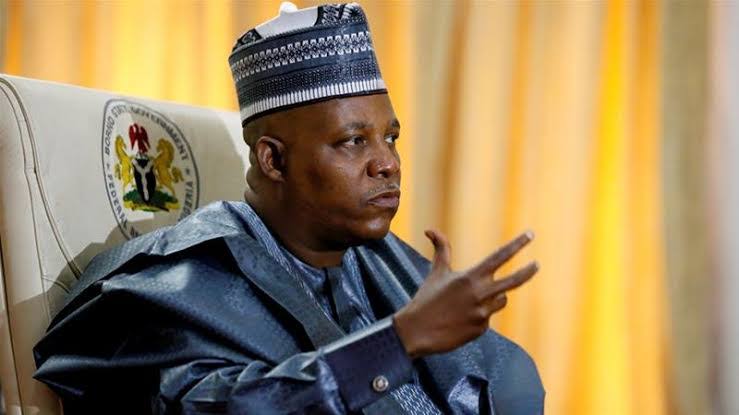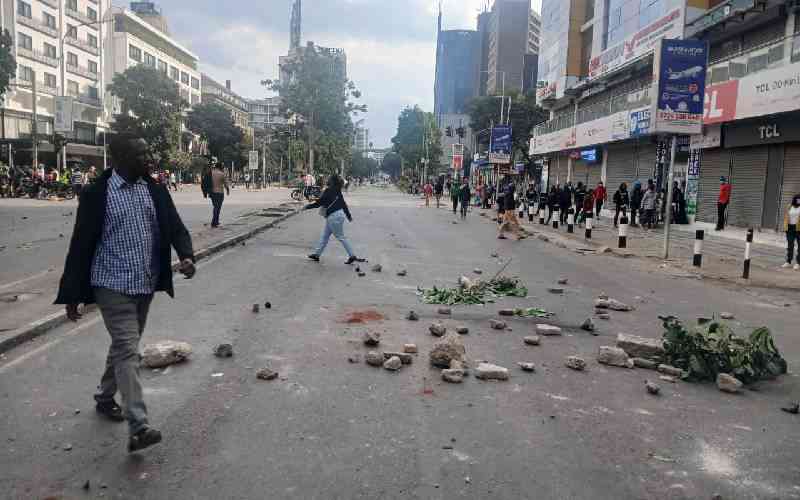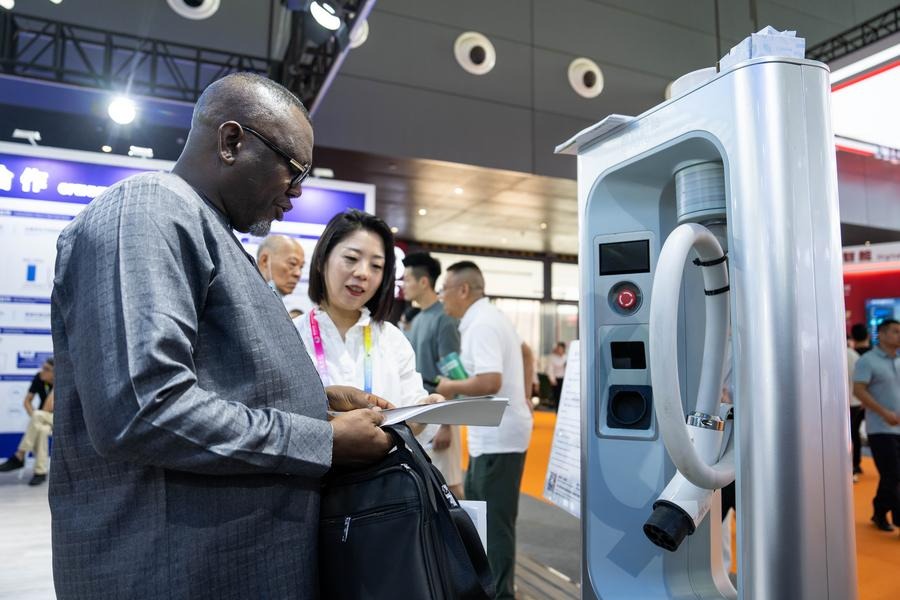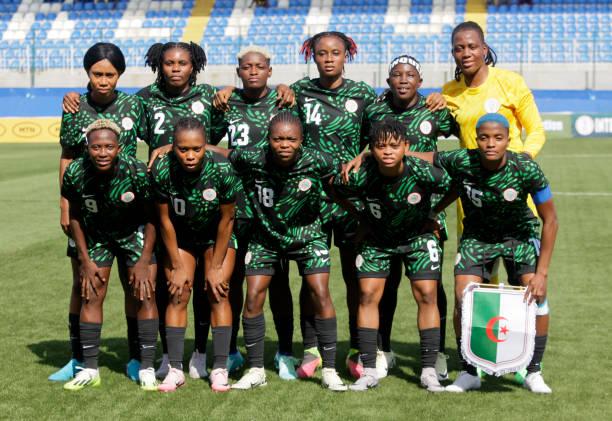50% of Nigerian children suffer online bullying, harassment
Beaming its searchlight on the sub-Saharan Africa (SSA) region, the GSMA made scathing discoveries about rising cases of bullying and harassment faced by children exploring the online space.
GSMA observed that the digital landscape in SSA is evolving rapidly, bringing unparalleled opportunities for economic growth, education and social development, it said the wider African continent is poised to become home to one billion children by 2055 and estimated that around 18 per cent of children aged 5-7 in SSA access the mobile Internet with more coming online every day.
According to the telecom body, the region is making significant strides toward universal internet connectivity, making it increasingly well-positioned for children and young people to harness the full range of associated opportunities.
However, GSMA said IPSOS research, commissioned by MTN Group in 2024, offered useful insights into the specific online behaviours and vulnerabilities of children in SSA. It stressed that the research confirmed that while digital connectivity offers clear opportunities relating to education and social interaction, it can also expose children to risks including cyberbullying, harmful content, and online exploitation.
The research revealed that over 50 per cent of children surveyed in Nigeria, reported experiencing bullying or harassment online, with many refraining from seeking help due to fear of judgment or punishment.
The findings revealed that Facebook, WhatsApp, Twitter, Instagram, Gmail, Chat sites, and TikTok were significantly associated with online harassment amongst those surveyed.
It observed that in South Sudan, unrestricted access to inappropriate content without adequate parental guidance was linked to heightened stress and behavioural issues among children. Facebook, WhatsApp, Twitter, and Instagram were significantly associated with online harassment among those surveyed.
According to GSMA, in Zambia, parents and educators highlighted the urgent need for support in navigating online safety measures. Again, Facebook and WhatsApp were significantly associated with online harassment and bullying among the children surveyed.
Regarding online child sexual abuse and exploitation specifically, a regional Disrupting Harm research (INTERPOL, UNICEF Innocenti and ECPAT) report published in 2023, found that across six SSA, one in 10 Internet-using children had experienced some form of digital sexual abuse in the past year alone.
Whilst these findings indicated that children in SSA are currently facing a significant level of risk in the digital environment, there is growing momentum in the region to tackle this issue.
The telecom advocacy body observed that this increasing momentum is also reflected in the growing number of initiatives undertaken by mobile network operators in the region. Examples of industry-led initiatives include: MTN Group’s “Help Children be Children” initiative, focusing on promoting online child safety via child champions, preventing online child abuse and exploitation, and empowering children with the tools to navigate the digital world safely.
Also, Safaricom, UNICEF and the Directorate of Children Services launched the Spot it, Stop it – a campaign to promote awareness about all forms of violence against children and to advocate for change. Airtel Africa and UNICEF have a partnership to improve digital learning access for children in Africa, including initiatives to promote online safety and education.
Further, Orange’s “For Good Connections” initiative provides tools and services to protect young users from online risks such as screen addiction and cyberbullying.
In Mali, in collaboration with the Non-Governmental Organisation (NGO) Internet Society, Orange trained 20,000 children in basic online safety practices and screen time management, with plans to extend this initiative.
To further stem this tide, GSMA said there is a need to take among others, a child and youth-centric approach to addressing online safety issues; the government has critical roles and there should be regulatory frameworks; invest in digital literacy education and online safety; enhance public-private partnerships, among others.
According to GSMA, the responsibility for comprehensive child online protection measures is shared across all stakeholders. It said governments can implement robust regulations, ensuring that digital platforms adhere to safety standards.
It said industry leaders can leverage their technological abilities to innovate and provide tools that offer security and education. NGOs can advocate for vulnerable groups, amplifying the voices of those who may otherwise go unheard.
The telecoms advocacy body said schools can educate children about the complexities of the digital world, equipping them with the knowledge and skills to navigate safely.
“Above all, young people themselves must be involved in this process. By empowering them to share their stories and insights, we can create measures that are truly reflective of their needs and experiences. Together, we can transform the digital landscape for the children and youth of Sub-Saharan Africa, so they are free to explore, learn, and grow in a safer digital environment. Let us build on this momentum to bring about meaningful change that will protect and empower future generations,” it stated.












